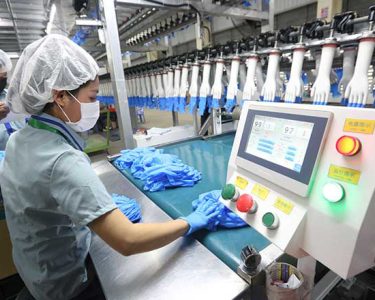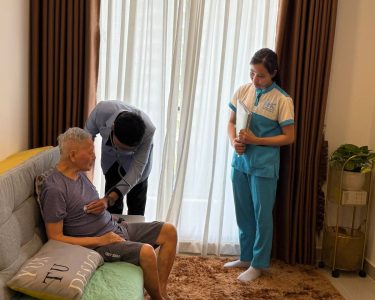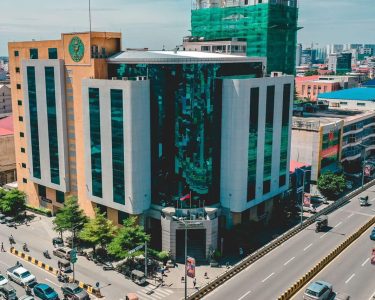By Arnaud Darc
Monday June 30, I sat around the table at the Cambodia Chamber of Commerce with leaders from every major business sector—trade, tourism, manufacturing, agriculture, finance. We weren’t there for ceremony. We were there because something serious is unfolding.
The Thai–Cambodia border crisis has moved beyond a military or diplomatic standoff. It’s now an economic one.
And it comes at the worst possible moment.
At the same time, the U.S. is reviewing punitive tariffs that could undermine Cambodia’s access to its most strategic export market. These two external shocks—border closures and tariff uncertainty—together form a high-risk scenario for a small, open economy like ours.
This isn’t speculation. It’s already happening.
What We’re Seeing On The Ground
– Trade is slowing. Border factories face cost surges. Diversifying suppliers isn’t plug-and-play—it takes time and capital.
– Tourism is dipping. Siem Reap and Phnom Penh have seen a drop in forward bookings, and online search interest for Cambodia has declined by 20%.
– Supply chains are adapting. Cambodia’s food producers are stepping up. Malaysia, Vietnam, and even Canada are signaling interest as alternative partners. This is a window—but windows close.
– Illicit trade distorts the market. Regulatory blind spots are allowing non-compliant actors to gain ground, undermining trust and reform momentum.
– Microfinance is entering the danger zone. With 1.5 million active borrowers and 9% already in arrears, even a partial return of the 1.2 million Cambodian workers from Thailand could stress the entire financial ecosystem.
This isn’t just a series of sectoral problems. It’s a system-wide test of Cambodia’s economic model—its dependencies, its resilience, and its strategic coherence.
Three Non-Negotiable Priorities
1. Diversify—faster than planned.
Cambodia cannot afford to be structurally dependent on any single market. That’s not protectionism. It’s realism. Regional sourcing, domestic capacity, and bilateral fallback plans must move from strategy decks to execution now.
2. Enforce a level playing field.
Illicit trade isn’t just a legal issue—it’s a competitiveness issue. Formal businesses lose faith. Investors lose clarity. Rebuilding trust means real enforcement and visible compliance.
3. Signal confidence—immediately.
The world watches perception first. If tourists, investors, and partners perceive instability, they’ll opt out. Cambodia’s message must be coordinated, clear, and loud: we are open, safe, and operating.
This Crisis Didn’t Start In May
As several leaders rightly pointed out, many of these vulnerabilities were already present. The current border crisis is just a pressure test. The real challenge is whether we seize this moment to evolve—or default back to the status quo.
The Next 30 Days Matter
That’s why I’ve called for a follow-up session of Working Group D:
Cambodia Chamber of Commerce (CCC)
Our goal: consolidate cross-sector data, finalize clear policy proposals, and present a unified private sector recommendation to the G-PSF and key ministries.
But this isn’t just about one meeting. It’s about setting a precedent. That in Cambodia, when disruption hits, we don’t scatter—we coordinate.
Let’s treat this moment not as another short-term crisis to manage, but as an inflection point to build a more sovereign, more shock-resilient, and more investor-confident Cambodia.
If you’re in the business community, policy space, or simply care about Cambodia’s long-term resilience—your voice matters.
Now is the time to use it.
Arnaud Darc is Co-Chair, Government–Private Sector Forum, Working Group D and CEO of Thalias Co., Ltd.





